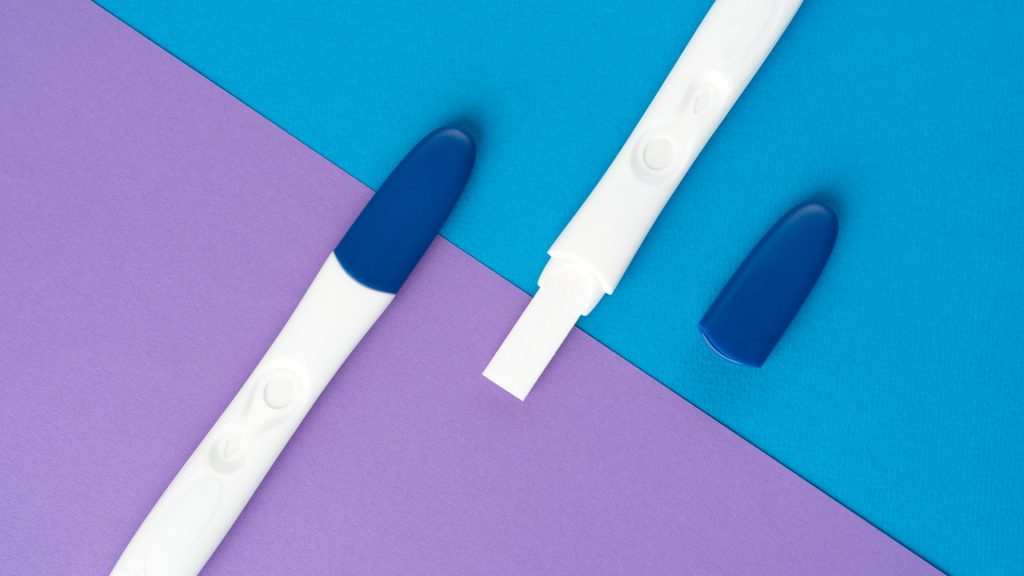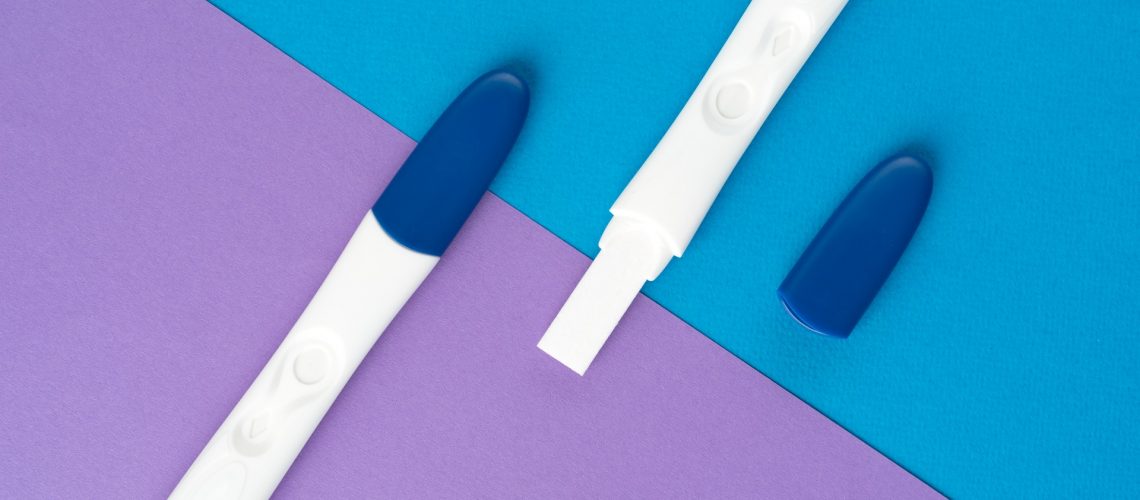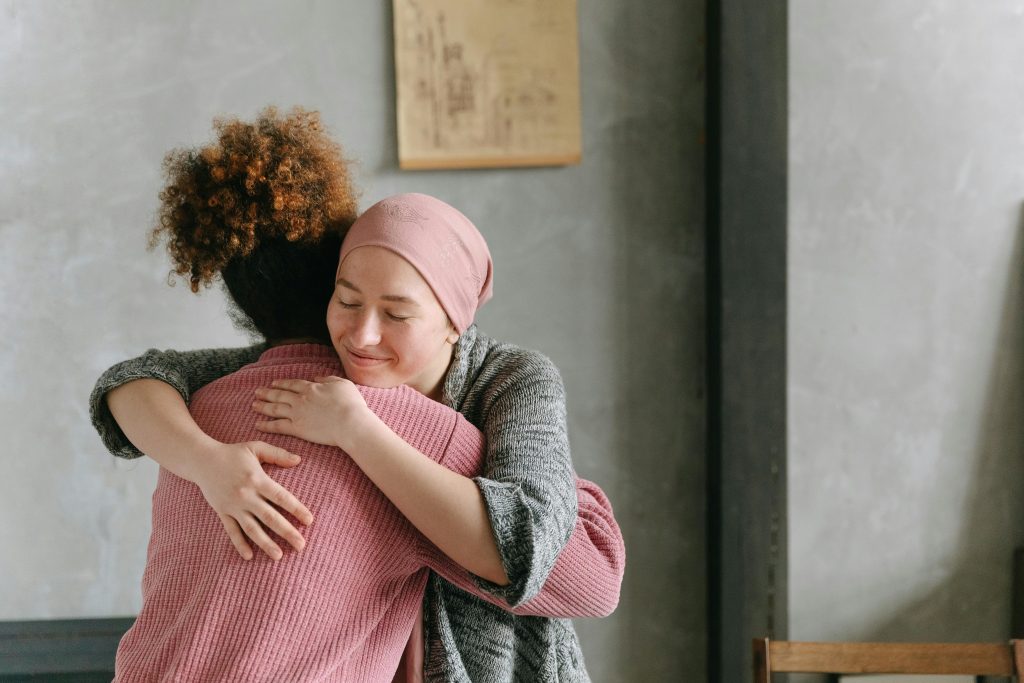
When it comes to reproduction, our reproductive organs and anything to do with our vaginas, we tend to cover things up and not speak about it. We’re lifting the lid on tough conversations and sharing our journeys in our new series, where we’ll talk about it all, from dealing with miscarriage to battles in conception to living with PCOS, endometriosis and everything else.
Kgotatso Macquela, Zoie Mombassador, sat down with us to talk about her conception journey and having a miscarriage while trying to conceive.
Having a miscarriage while trying to conceive
When Kgotatso got married in 2017, she was ready to start a family. Up until that point, she’d been on injectable contraception from the time she’d begun menstruating to cut down on the costs of hygiene products. (You know: pads, tampons, painkillers, emergency wipes, spare panties…)
When she stopped contraception, her periods returned, and she felt ready to conceive. So they started trying. And trying. And trying.
“From 2017, the whole year passed and nothing was happening,” says Kgotatso. “To a point where you end up asking yourself questions. I was one person to Google a lot to just check. What could be the problem? Is there something that I’m doing wrong? What could be the problem? What is it that I’m doing wrong? Why is it taking so long?”
By the second year, Kgotatso decided to see the doctor, but they’d clear her every time, telling her that nothing was wrong. Every three months, she’d go for a check-up, and every three months, she’d be told that nothing was wrong.
“Every three months, she’d go for a check-up, and every three months, she’d be told that nothing was wrong.”
At work, with her friends and family, people were asking questions, wanting to know when she’d be pregnant. Kgotatso carefully skirted around their questions, feeling pressured and stressed out.
Then, in 2019, she became sick with a cough. While taking medicine, it occurred to her that her period was late.
“We were coming from church and my husband was like, ‘You know what? You’ve been sick and we don’t know what the problem is. How about you take a pregnancy test?’” says Kgotatso. “I was like, ‘Yho, ha a, I’m not ready for another disappointment!’”
She took the test and it was negative. “So I took that test and then I just put it on the ironing board. And then I decided to just take a nap because obviously, it’s [a] disappointment. I’m feeling sick. It’s just too many emotions at the same,” she says.
When she woke up, she decided to take another test. But after inspecting the ironing board, she noticed a change: another, faint line had appeared on the pregnancy test, indicating a positive result.
But Kgotatso didn’t feel hopeful. “I was just like, ‘No, there’s no way this could have happened’. Maybe there’s a mistake,” she says. Because she felt less hopeful than her husband, she decided not to share the news. But her husband, ecstatic, spread the word. A doctor’s check didn’t make Kgotatso feel any better: the foetus hadn’t shown up on the scan. The doctor reassured her that the pregnancy was in its very early stages, so Kgotatso went home.
A few weeks later, Kgotatso experienced intense pain in her abdomen, and had the urge to use the bathroom. She felt something leave her body, and the pain went away. So they visited the doctor once again.
“We just thought, ‘You know what, we’re still hopeful. Let’s not be negative. Let’s just stay positive. Regardless of what we are seeing. Let’s just stay positive.’” But their hopes were dashed after the doctor confirmed that they had miscarried.
Kgotatso broke down in tears. “I was like, ‘No, I just don’t understand after two years, then this and then just immediately it’s just all over, you know’?” Even so, she kept trying. The third year came. Now, she was buying pregnancy tests every month, along with ovulation test kits. She started exercising, too. Even so, she became frustrated. “At times I would sit and I would just cry. And yeah, I would just ask myself, ‘What have I done to deserve this?’”
Then, COVID hit and her boss asked her to prepare to work from home. As she woke up one day in April 2020, she thought about how her periods were due to start and decided to take a pregnancy test. At this point, it was a routine occurrence, and Kgotatso felt very little anticipation. “Immediately there were two lines,” she says. “I couldn’t believe it.”
She took another test. Again, two clear lines. Kgotatso didn’t dare celebrate. “What are the odds of this whole situation changing in the blink of an eye?” she thought.
When her husband got home, she laid out three positive pregnancy tests on the bed – and he, too, was taken aback, unable to believe it.
“What are the odds of this whole situation changing in the blink of an eye?” she thought.
After a doctor’s visit, there was nothing to see because the pregnancy was too early. They were told to come back after six weeks had passed, and for the couple, it was a nerve-wracking wait. “Every day of the pregnancy, it’s an emotional roller coaster. You constantly need to force yourself to be positive, because you’re just thinking, ‘Oh my gosh, I just pray that nothing happens, I just pray that we make it to full term.’”
Six weeks passed, and after a scan, Kgotatso felt relief when she saw her baby on the monitor. “Yes,” she thought. “It’s happening.”
To other women who have been trying to conceive for years, Kgotatso knows that things are more easily said than done. What helped her? Being in a circle of positive people to encourage her. Another thing that helped? “Hearing that somebody had the same thing as I did. Sometimes I would see that people went through this for longer than I did. That gave me comfort,” she says.









